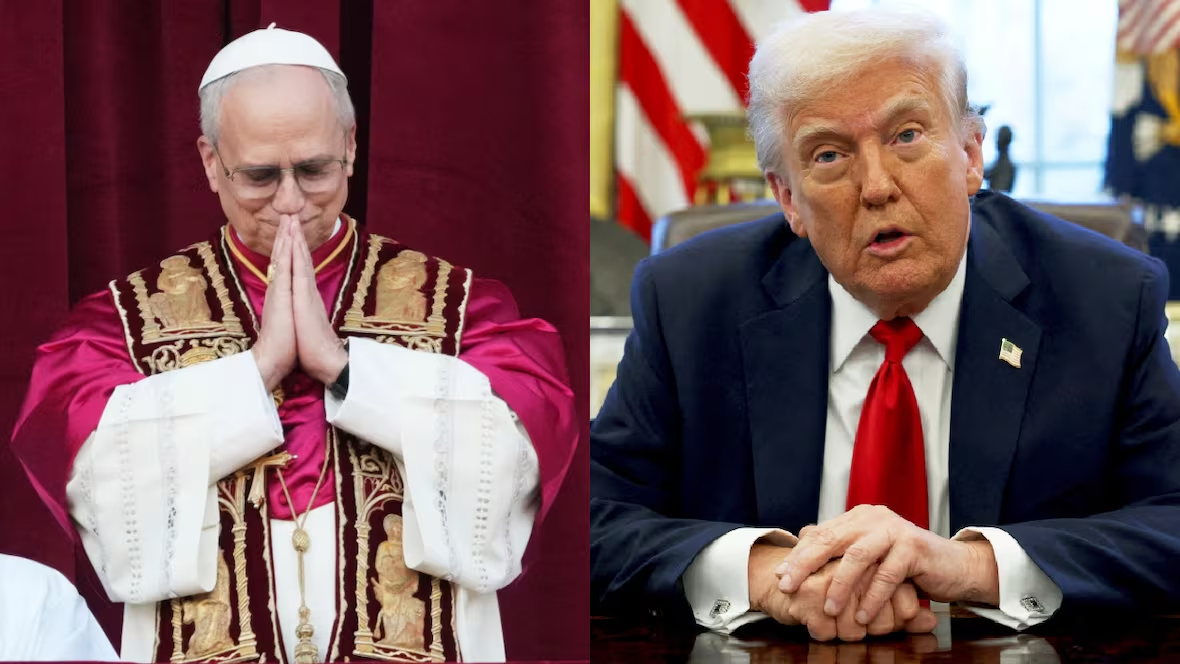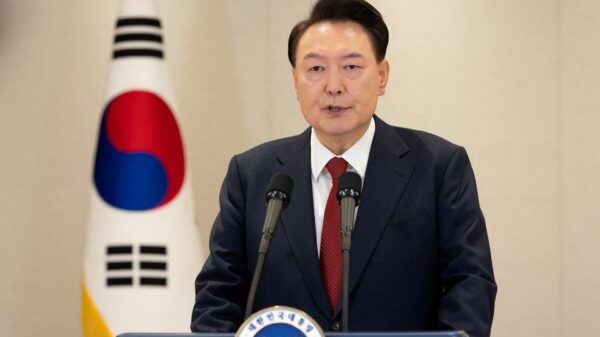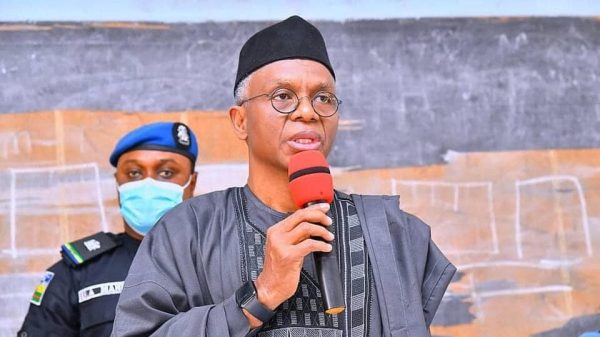A Federal High Court in Abuja on Thursday admitted Professor Dibu Ojerinde, former registrar of the Joint Admissions and Matriculation Board (JAMB), to bail in the amount of 200 million naira with two sureties.
Judge Obiora Egwuatu, who answered Ojerinde’s prayer after presenting the lawyers’ arguments to the parties in the case, said one of the sureties was to be a professor at a federal university.
Egwuatu ruled that the professor must provide documented proof of the chair, a letter of appointment and a staff ID card.
He also said that the other surety must own land in Abuja worth the surety and should be verified by the court clerk.
The judge, who ruled that the sureties must produce proof of payment of three years of tax, ordered that the certified copy of the defendant’s travel documents which were in the custody of a court in Minna, Niger, is obtained.
He adjourned the case until July 22 and 23 for hearing.
The Nigerian News Agency (NAN) reports that the ICPC in the costume marked: FHC / ABJ / CR / 97/21, says that the former general manager allegedly committed multiple frauds, while he headed the JAMB and the National Examination Council (NECO).
NAN also reports that the court on July 6 rejected the accused’s request for bail after pleading his case on the 18 charges brought against him by the anti-corruption commission.
The rejection follows prosecution attorney Ebenezer Shogunle’s argument that his request for “interim release” was unknown to the law.
The former JAMB clerk, however, has pleaded not guilty to all charges. Previously, the defendant’s attorney, Peter Olorunnisola, SAN, informed the court of the bail application dated and filed on June 29.
“The request is supported by an affidavit and a written address,” he said.
He also said the defense filed a request on July 7 in response to the prosecution’s cross-affidavit.
Olorunnisola urged the court to grant bail to his client in accordance with article 162 of the Administration of Criminal Justice Act (ACJA) and article 35 (1) of the Constitution.
Shogunle objected to the bail plea and the judge asked him if Ojerinde had ever been released on bail by the ICPC. “Yes my lord, we have given the accused administrative bail,” he replied.
“Did the accused violate any of the conditions attached to the bail,” asked Egwuatu.
The lawyer for the anti-corruption agency replied in the affirmative.
He claimed that Ojerinde had violated the conditions of administrative bail that had been granted to him.
The judge further asked him to describe how Ojerinde acted contrary to the bail conditions.
Shogunle then said that after being granted bail he promised to produce some of the suspects listed for investigations, some of whom were family members (from Ojerinde), but did not do so.
Judge Egwuatu asked, “So how does that amount to violating the administrative bond?
He said that the accused, during one of the interview sessions with members of his family, told the commission to stop the exercise that he (Ojerinde) had decided to enter into a plea bargain. but that plea bargaining never worked.
Commission counsel argued that if released on bail, the accused would interfere with the investigation and intimidate witnesses.
Olorunnisola, who replied, said the power to give bail is at the discretion of the court, citing a section of the law.
The lead lawyer further argued that the anti-corruption agency had already completed its investigation of the accused and that keeping him in detention indefinitely would not be in the interests of justice.
In rendering his ruling, Judge Egwuatu ruled that there was no evidence in court to prove that the accused skipped the administrative bond, interfered with the investigation or intimidated witnesses, adding that the prosecution had already completed its investigation into the case.
The judge, who recognized that a bond is at the discretion of the court, said the court was ready to grant a bond in favor of the defendant.
NAN previously reported that Judge Egwuatu had warned the ICPC about how he was handling the trial. Egwuatu issued the warning following the ICPC’s inability to produce Ojerinde in court 40 minutes after the case was appealed.
Shogunle apologized to the court that officers from the Suleja Correctional Center, where the accused was being held, had not yet brought him to court due to the distance and traffic jams along the road.
He had asked the court to stay the case for about 30 minutes. Although the judge withdrew the case after the accused’s lawyer did not object to the prayer, Ojerinde was not presented in the courtroom for more than an hour after the other cases have been resolved. (NAN)
![]()





























































